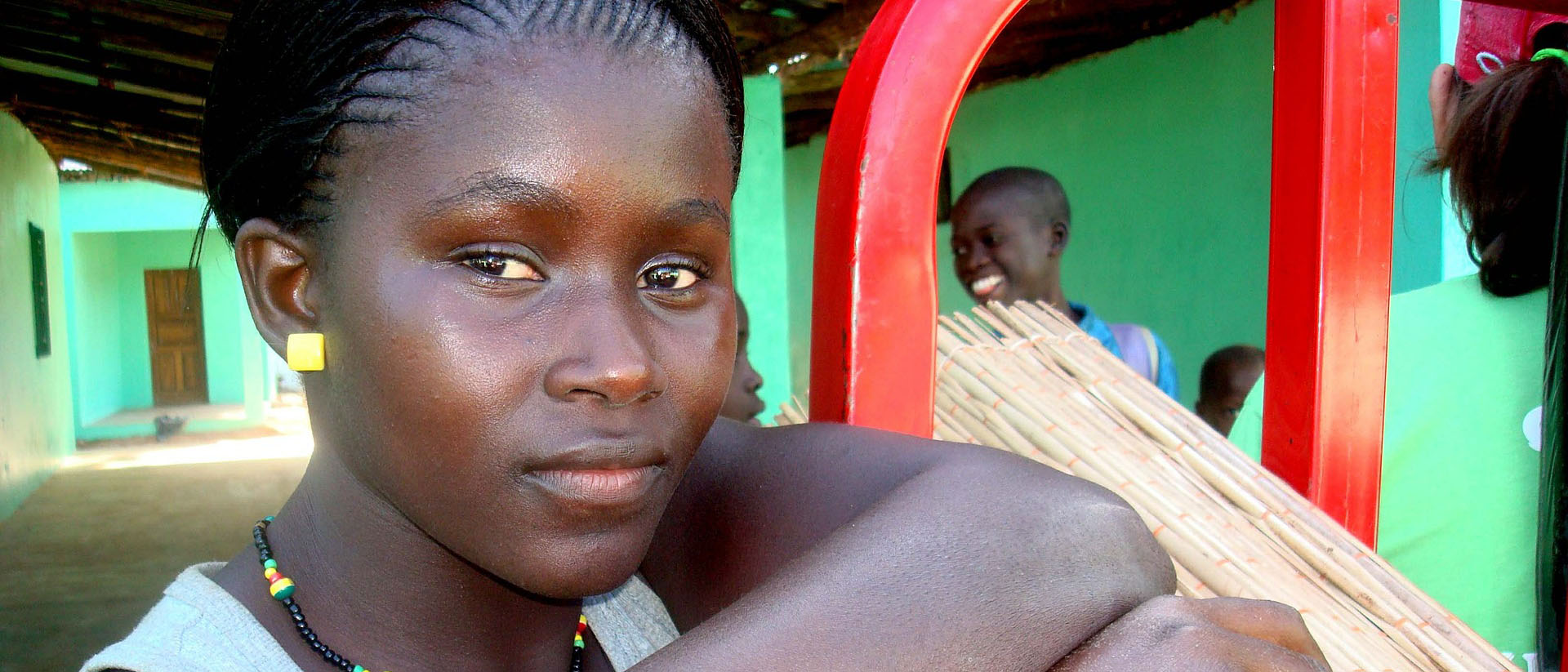
Photo by Pixabay.
Name of the Asset | The Short-Term Impacts of a CCT Program for Schooling on the Sexual Behavior of Young Women
Type of Asset | Working Paper
Date | September 2009
Summary
Conditional Cash Transfers (CCTs) can be an important component of social protection policy and there is considerable evidence that they have improved the lives of the poor. This paper aims to provide new causal evidence on the effects of a CCT program (with only school attendance used as a condition to receive the transfers) on the sexual behavior of the young female beneficiaries of the program.
The paper examines the one-year impact of a two-year randomized intervention in Malawi, that provides an average offer of US$10 in monthly cash transfers – plus direct payment of secondary school fees – to young women to stay in or return to school, on outcomes such as age at first marriage, childbearing, frequency of sexual activity, and risky sexual behaviors.
Findings showed that cash transfers led to significant declines in early marriage, teenage pregnancy, and sexual activity among program beneficiaries after just one year of program implementation. suggesting that CCT programs not only serve as useful tools for improving school attendance, but also may reduce sexual activity, age at marriage and teen pregnancy.
Authors:
- Sarah Baird, George Washington University
- Ephraim Chirwa, University of Malawi
- Craig McIntosh, University of California at San Diego
- Berk Özler, World Bank
Country and/or Region | Malawi
Name of the Program | GDN’s Global Research Project on ‘Promoting Innovative Programs from the Developing World: Towards Realizing the Health MDGs in Africa and Asia'
Funder(s) | The Bill & Melinda Gates Foundation, United States
Download the Full Study here
If you cite this resource, please notify communications@gdn.int with the subject line 'GDN citation'.





